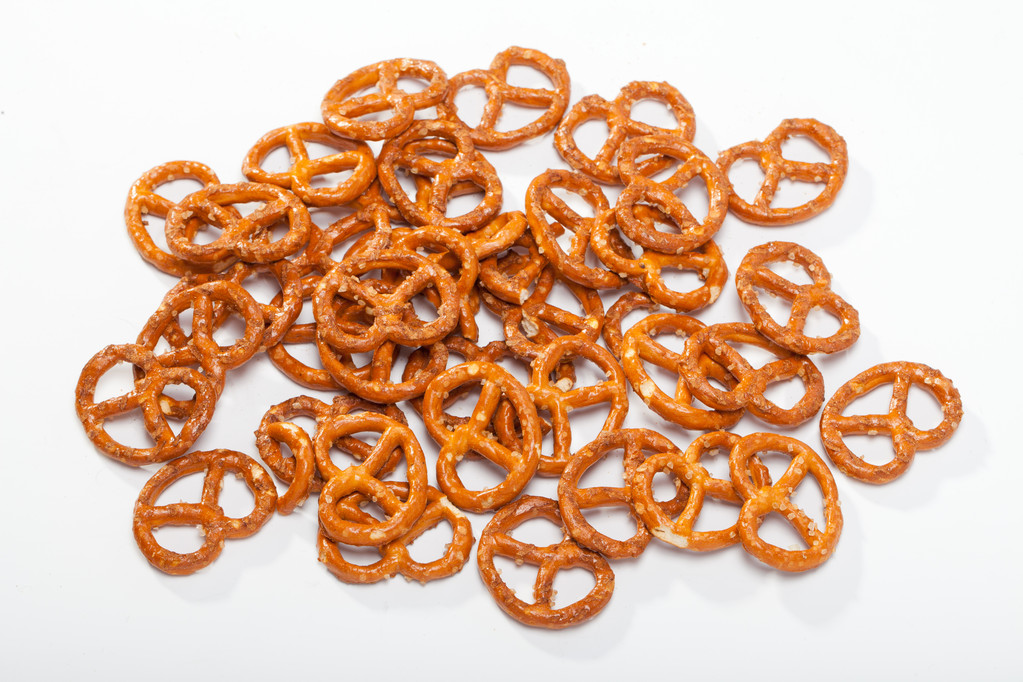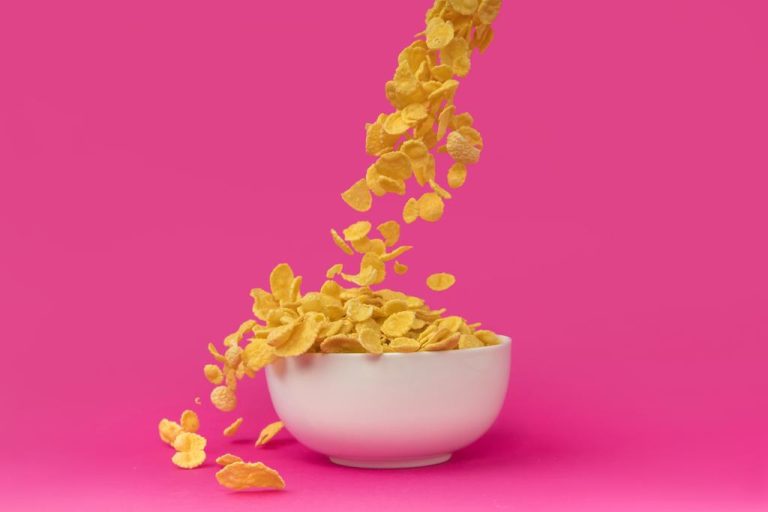Phosphates are all-rounders in the food industry and are contained in numerous foods. However, a high-phosphate diet carries health risks. You can read here which foods you should therefore remove from your diet.
Natural phosphates: essential substances for the body
Phosphates occur naturally in almost all foods and, according to the Apothekenumschau, are neither harmful nor toxic. Quite the opposite: They are energy carriers, an important part of cell membranes and are mostly located in the bones. In its natural form, the substance is strongly bound to animal or vegetable proteins.
Natural phosphate is found, for example, in wholemeal bread, egg yolk, meat and nuts. Without the mineral, our muscles would perish. The body absorbs only 50 percent of phosphates from plant foods and 70 percent from animal proteins.
It becomes problematic with artificial phosphates. These are mostly freely soluble and are usually completely absorbed. With processed convenience foods, the body is significantly damaged.

These foods can be replaced with lower phosphate products
Basically, experts advise healthy people, as well as people with kidney disease, to buy fresh food instead of ready meals. Flavor enhancers, cheese, sausage products and baking powder should therefore be avoided as much as possible.
Many phosphate-rich foods can easily be replaced with lower-phosphate products:
Use Brie or cream cheese instead of Emmental slices
Dilute cream with water instead of milk
White bread instead of whole grain bread
Lemonade and wine instead of beer and coke
Pretzel sticks instead of peanuts
Cornflakes instead of muesli
The Federal Institute for Risk Assessment criticizes the fact that there are no limit values for phosphates in food supplements. Manufacturers add minerals in the form of phosphorus salts such as calcium and potassium phosphate to the preparations because the body cannot absorb pure calcium and potassium at all.

